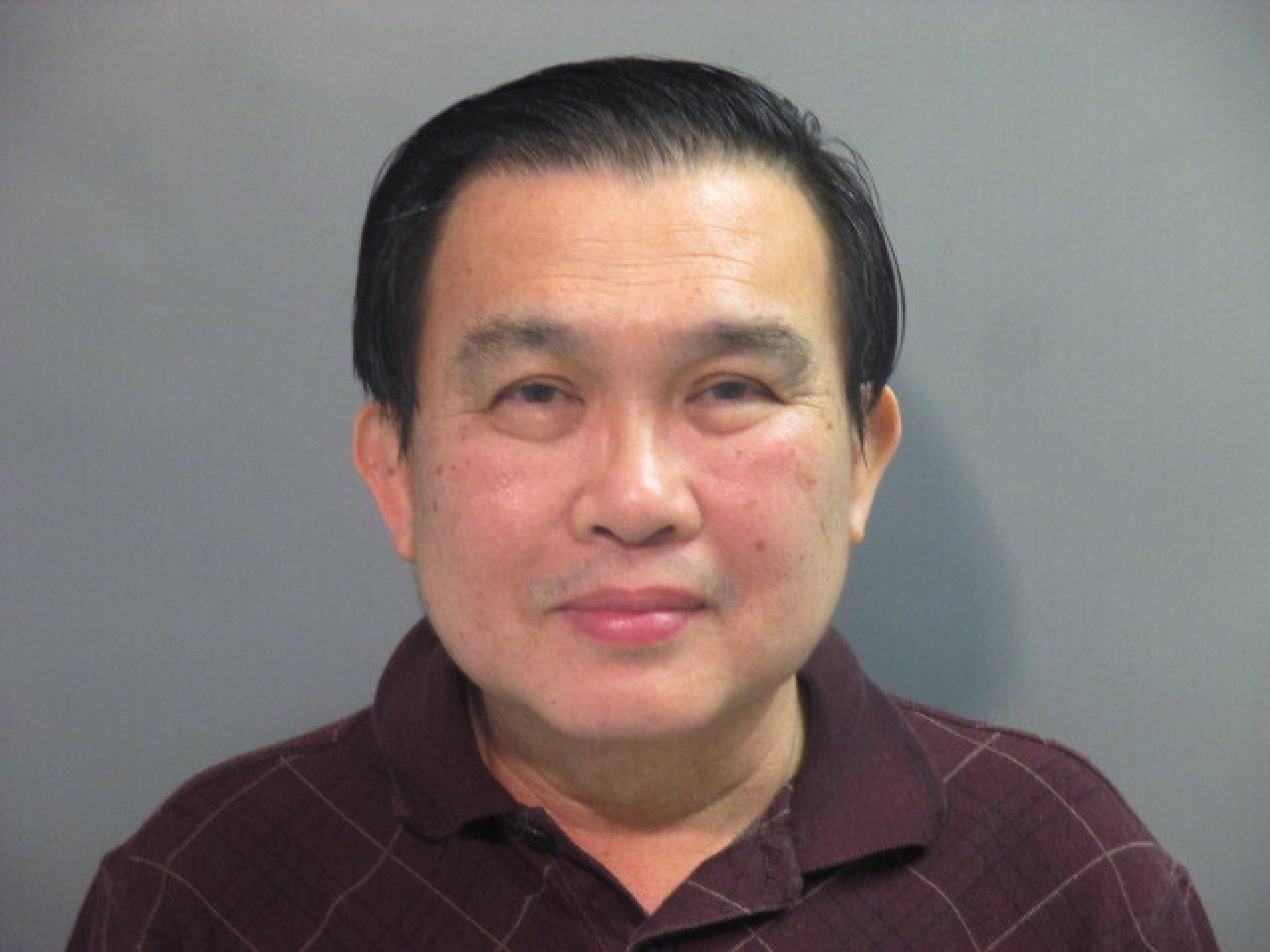
Arkansas professor pleads guilty to lying about China patents to FBI
- Simon Saw-Teong Ang pleaded guilty in federal court in Fayetteville, Arkansas, on Friday to one count from a 58-count federal indictment
- Prosecutors say 24 patents bearing Ang’s name were filed with the Beijing government but that he failed to report them to the university and denied having them when questioned by the FBI
A University of Arkansas professor pleaded guilty to lying to the FBI about patents he had for inventions in mainland China.
Simon Saw-Teong Ang pleaded guilty in federal court in Fayetteville, Arkansas, on Friday to one count from a 58-count federal indictment.
Prosecutors say 24 patents bearing Ang’s name were filed with the Beijing government but that he failed to report the patents to the university and denied having them when questioned by the FBI.
Specifically, when asked whether his name would be listed as “the inventor” of numerous patents in China, Ang denied being the inventor, despite knowing he was.

The university requires disclosure of all faculty patents, which the university would own.
Ang also received numerous talent awards from the PRC government, which he did not list on the university’s annual conflict of interest disclosure forms.
The 64-year-old Fayetteville resident had been a professor at the university since 1988 and served as director of the High Density Electronics Centre until about May 2020.
He was suspended from the university faculty when he was initially indicted in July 2020. The university website no longer lists him on its faculty directory.
Ang’s sentencing is expected to take place in about four months. The plea deal calls for a one-year prison sentence, but the crime could be punishable by up to five years in prison.
His case is listed under the ‘China Initiative’, launched by the United States Department of Justice in November 2018 to combat economic espionage and trade secret theft.

